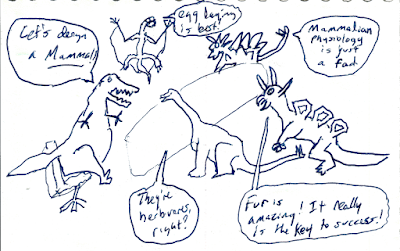I pledge not to donate to the Democratic National Committee, Organizing for America, or the Obama campaign until Congress passes, and the president signs, legislation enacting the Employment Non-Discrimination Act (ENDA), repealing Don't Ask, Don't Tell (DADT), and repealing the Defense of Marriage Act (DOMA).And yes, I'm serious about this. You'd better believe corporate donors are getting their money's worth right now, as they belly up to the trough for "healthcare reform". If they don't get what they paid for, they're not going to give again – and guess what, neither am I.
Both DOMA and DADT were passed during the previous Democratic administration. The just-finished Bush administration produced plenty of sturm und drang about teh gays, but never actually did legislative harm to us. The Obama administration had better start righting some wrongs, and President Obama had better start doing something to fulfill his pledge to be a "fierce advocate" for our community. With sixty filibuster-breaking votes in the senate and a strong majority in the house, the Democratic party has an opportunity to actually pass the agenda they trumpet when they come around begging for cash. With the midterm elections coming the time to act is now; otherwise it becomes increasingly obvious that the Democratic party is determined to block action on these issues in order to keep the gay money coming.
Either put up or find another sucker. If you feel the same way, join me in the pledge.
